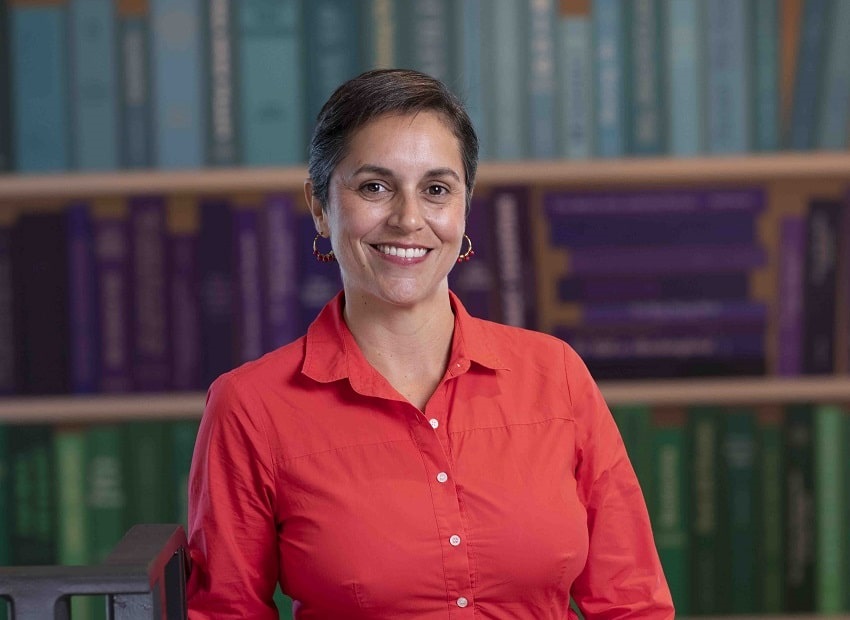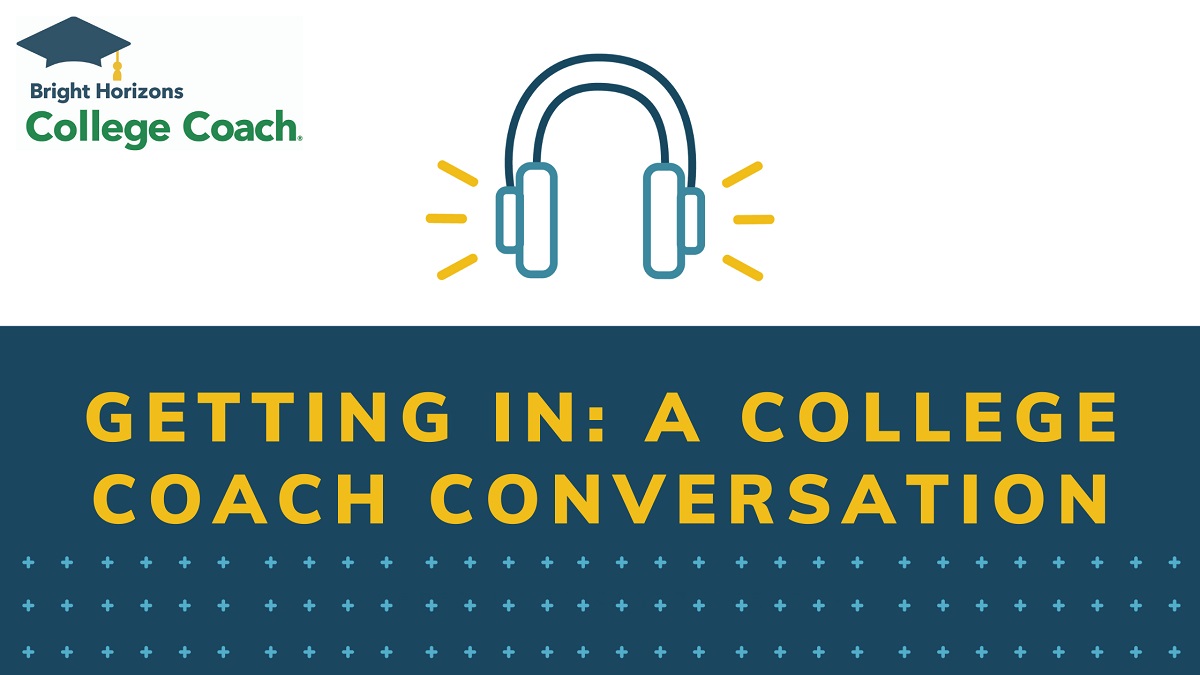College Counseling (and Lessons in Buddhism) for Middle-School Students
“As for the future, your task is not to foresee it, but to enable it.” – Antoine de Saint-Exupery
I confess, when I began college counseling after working in college admissions, I was dismissive of engaging middle school students and families in conversations about college planning. My memories of middle school were of living my best awkward nerd life: listening to New Kids on the Block, playing the clarinet in the band, and riding bikes after school with friends until dinner time. I understood college as a far-off plan, an outcome that would materialize so long as I did my best and stayed curious and disciplined. On my way out the door to school in the morning I remember my mother would always exhort me to, “Have fun!” Why wouldn’t the hang-wringing middle school families just relax and let their children be?!
Many years of college counseling experience and a head of gray hair later, I’m not the same curmudgeon on this topic that I used to be. I have had to acknowledge that college admissions practices and perceptions have evolved dramatically since I took a manual typing course in 8th grade. While the world has changed a lot in 30 years, what I find has stayed consistent is parents’ desire to see their children happy and self-actualized.
As an educator, the challenge for me has been helping students and families balance this understandable desire to plan for college admissions with the imperative of allowing young people to just be. Buddhist philosophy argues that planning for the future and being engaged in the present aren’t irreconcilable impulses. The secret sauce is not obsessing over a fixed future but making sure our ducks are in a row while we stay flexible and open to life’s uncertainties. I encourage middle school families to find this middle road, taking the steps necessary to enable long-term future opportunities while prioritizing a young person’s present goals and needs.
What should middle school families be thinking about?
Academics
It is important to keep in mind that the college admissions evaluation does not consider a student’s academic or extracurricular record prior to 9th grade. That said, the years leading up to 9th grade can define some curricular opportunities in high school. For example, because of the sequential nature of most math curricula, a student’s middle school math track may affect the progression of math courses through high school. Be sure to talk with the student’s middle school counselor for clarity on the school’s curricular tracks and carefully consider their teachers’ best advice on appropriate course placement.
Activities
Experimenting with their extracurricular interests in middle school is a great way for students to build confidence and could lead to deeper involvement in high school. Encourage them to stretch themselves by picking up a musical instrument or dabbling in a new sport or school club. It is human nature: the more we truly enjoy something, the more we will invest and the more we will get out of the experience. It is ok to let fun be a priority!
Life Skills
Help students grow their soft academic skills like organization and time management. Along with establishing personal reading habits and healthy relationships with technology, these are all constructive investments in a young person’s academic and personal success. Finally, take time to teach students life skills that will allow students to build on their independence. Being expected to help with chores around the house or earning money by dog-walking or mowing lawns are all great ways to learn accountability and develop the self-sufficiency necessary in high school and beyond.






